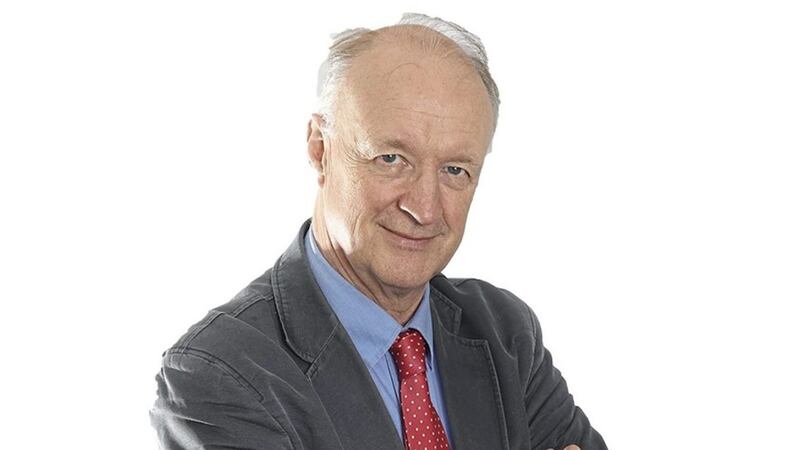Deaglán de Bréadún
WHEN Arlene Foster announced her intention to resign as First Minister and leader of the Democratic Unionist Party, it recalled to mind a pleasant conversation we had at her office in Enniskillen, all of 16 years ago. The 2005 Westminster general election was under way and the eager young politician was the DUP candidate in the constituency of Fermanagh and South Tyrone. She secured an impressive 14,056 votes but it wasn’t enough to keep Sinn Féin’s Michelle Gildernew from retaining the seat.
On the wall of her office was a framed copy of Rudyard Kipling's poem entitled ‘Ulster 1912’, published in the London-based Morning Post newspaper two days before the introduction of the third Home Rule Bill that year. The poem is a call to arms, urging the Protestants of Ulster in effect to forcibly resist the establishment of an all-Ireland, Catholic-dominated parliament.
The charge of treachery against the Liberal Party government at Westminster is very strongly phrased: ‘The dark eleventh hour/Draws on and sees us sold/To every evil power/We fought against of old’. Kipling concludes on an ominous note: ‘If England drive us forth/We shall not fall alone!’
A striking feature of the poem is the way it reflects the level of distrust felt by unionists towards the British Government of the day, who they believed were about to sell them down the river by conceding the Irish nationalist demand for Home Rule. It sounds quite similar to the attitude of today’s unionists to Boris Johnson and his friends after they agreed the Northern Ireland Protocol with the European Union.
We are now marking or, in the case of many nationalists, ignoring the establishment of Northern Ireland and a partitioned island in May 1921. It is fair to say that the future of the six-county statelet looks rather less secure than at any other time in the last 100 years.
A non-violent path towards Irish unity has been laid out in the Belfast/Good Friday Agreement. A majority vote on each side of the border is required: a highly-achievable target in the south and not beyond the bounds of possibility in the north either, at some future stage.
At one time, the British had a policy of “killing Home Rule with kindness” by granting various concessions and, nowadays, nationalists/republicans should seriously consider measures that would help to assuage unionist fears of a United Ireland.
As many guarantees as possible should be given to unionists and the undecided to reassure them that unity wouldn’t be so bad after all. That could well mean the retention of a northern-based parliament or assembly, as already provided for in the Irish Republic’s constitution. It might involve re-joining the Commonwealth of Nations, where 33 of the 54 member-states are republics – indeed it has even been suggested that Ireland never formally departed from that organisation.
As regards changing the Irish flag: I rather like the current tricolour, first flown by Thomas Francis Meagher (1823-67) who said: “The white in the centre signifies a lasting truce between the ‘orange’ and the ‘green’.” But with all due respect to our patriot dead, I wouldn’t shed too many tears for the national anthem: ‘Amhrán na bhFiann/A Soldier’s Song’, which is a little too militaristic for the present day. ‘Ireland’s Call’, written by Phil Coulter, has worked well in rugby circles so why not use it elsewhere? Watching it performed on the sports field can be a very moving experience. I have much affection for ‘A Nation Once Again’ by Thomas Davis (1814-45), not least because he had a Protestant background, although the lyrics would need updating, e.g., to make them more gender-neutral!

